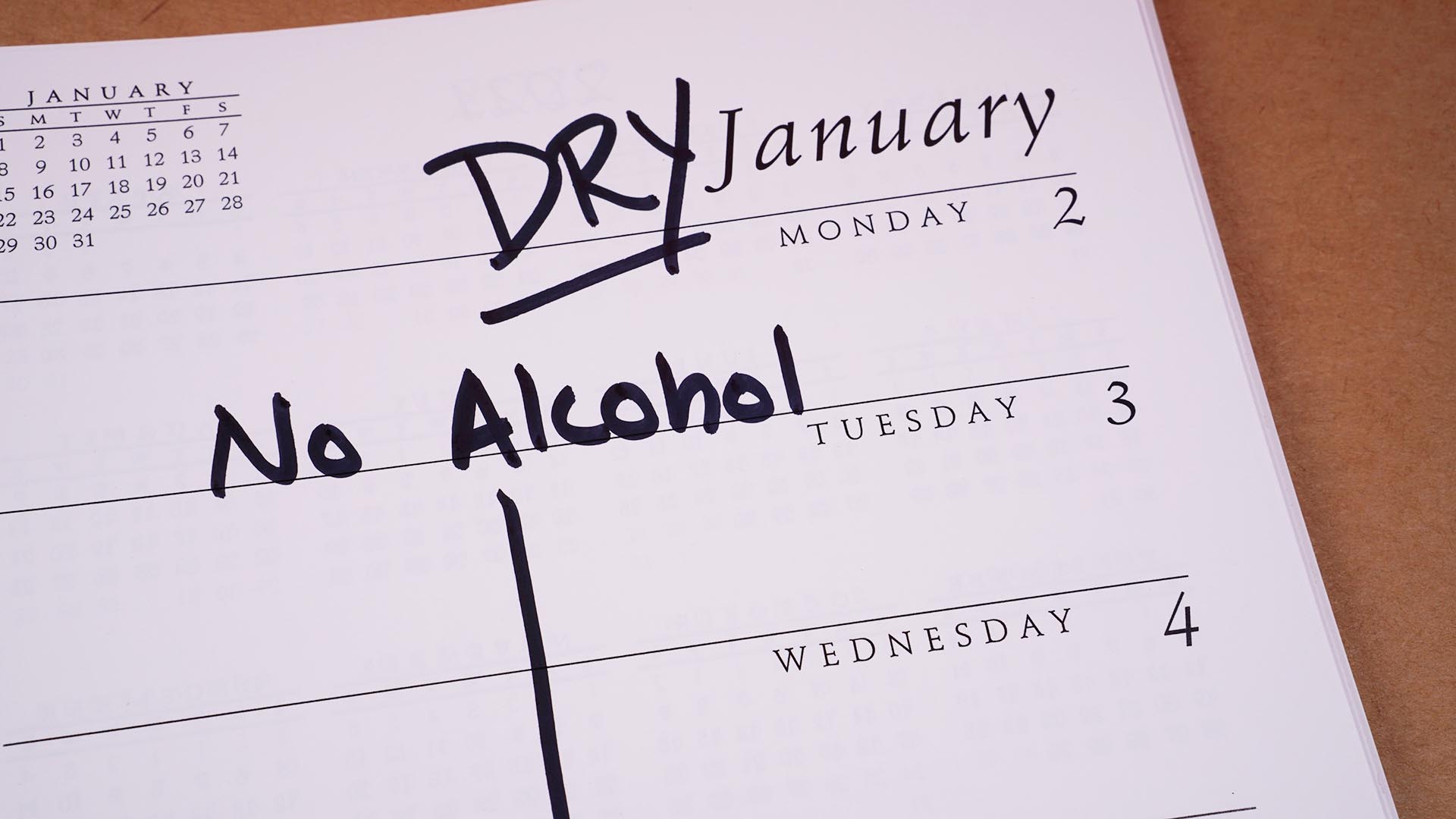Flu or COVID-19? Get a flu shot to stem the threat of ‘twindemic’ public-health crises
Here’s what Ruben Zorrilla, M.D., wants you to know about the vaccine that can protect you, your family and your community from influenza during the coronavirus pandemic.

Fears of a “ twindemic ” this winter – a confluence of COVID-19 and the flu – are real.
While the world awaits vaccines to prevent the spread of the novel coronavirus, the seasonal flu shot is a tested vaccine that can protect against the three or four influenza viruses that research suggests may be most common during the upcoming season.
UPDATE Sept. 21: The Health Center at Auraria will offer free flu shots for the tri-institutional community beginning Wednesday. Shots will be available on Tuesdays, Wednesdays and Thursdays from 8:30 a.m. to noon and from 1-4 p.m. Appointments are required.
We caught up with Ruben Zorrilla, M.D., medical director of the Health Center at Auraria, to learn more about the flu, this year’s vaccine and how getting the flu shot can help stave off deeper public-health crises in Colorado.
When is ‘flu season?’ When should people get vaccinated?
The typical flu season starts roughly in December, peaks in February and lasts through April. However, that’s not set in stone – last year, it started early, in Louisiana in November; two years ago, it lasted almost into June.
Most people should start getting the shot in September or October, as it takes two weeks for your body to mount a response to create protective antibodies.
Why is flu season in the winter?
Flu is just not as prevalent in the summer. In colder weather, the body doesn’t produce the same kind of immunoresponse; we also tend to congregate inside more. Those two factors increase the chance of spreading the flu via respiratory droplets – just like COVID-19.
What is this year looking like?
We hear some reports of this shaping up to be a bad season, but because of our new routines with masks, distancing and sanitization, my prediction is that you won’t see as many numbers of those with the flu. For instance, as COVID-19 spread in America starting in February, March and April, stay-at-home orders went into effect and flu rates fell off a cliff due to the mask-wearing and social distancing.
That’s not to say getting the flu vaccine isn’t important, though – the tough part is the COVID-19 wild card. We don’t really know how the two viruses impact each other but presume a co-infection, especially if you’re already weakened from one, would be absolutely devastating on the respiratory system.
How effective is the flu shot?
The flu-vaccine effectiveness varies every year; it could range anywhere from 25-75% effective; last year was 40%, but generally the average is around 60%. It’s not perfect – but there’s a benefit even if you do catch the flu, as it tends to be milder.
Who should get the flu shot?
It’s tricky to say exactly which ages, as it all depends on underlying health issues. Those with diabetes, heart disease, asthma or who are otherwise immune-compromised should discuss with their doctor if they should get it.
The very young haven’t developed their immune system so should not get it – but only up to 6 months of age. From age 60 onward, it becomes very important to get a flu shot so as to not risk developing potentially life-threatening complications.
Most people, however, should get a flu shot. The Health Center at Auraria received a partial shipment and has started vaccinating people; we’re also planning on offering more flu clinics within the next month or so. Those interested in getting one now, or any of the other services we offer, including COVID-19 testing, should contact the Health Center at Auraria to make an appointment.
Does the flu vaccine make you sick?
No. What is happening to people who get a flu shot and experience health issues is that their body is recognizing the vaccine as foreign and is busy creating antibodies. It happens in less than 10% of the population receiving the vaccine, but that runny nose and aching body is actually evidence of your immune system doing exactly what it’s supposed to do.
Why is it important to get a flu shot every year?
Humans have one part of our enzymes that corrects or proofreads the other part of our DNA. Viruses have RNA, and without that proofing mechanism, it creates room for errors or mutations. We worry about COVID-19 doing this, but so far it hasn’t mutated very quickly; the flu does, however, so that’s why vaccines for it change every year.
How can you tell the difference between the novel coronavirus and the flu?
COVID-19 looks like so many other illnesses we see in the winter – the fever, chills, cough, shortness of breath, difficulty breathing, fatigue … even vomiting and diarrhea can be shared symptoms. Telling the difference comes down to subtle questioning. COVID-19 tends to come on more gradually, ramping up slower than the flu, which comes on suddenly; you might be feeling a little off one day, and the next you’re down for the count.
It’s also important to keep in mind that flu and coronavirus are both diseases wherein symptoms don’t necessarily proceed by the book – not every virus reads that book.
King Soopers is offering drive-up flu shots for no cost on the Auraria Campus on Sept. 19 from 9 a.m. to 5 p.m. An appointment is required.







